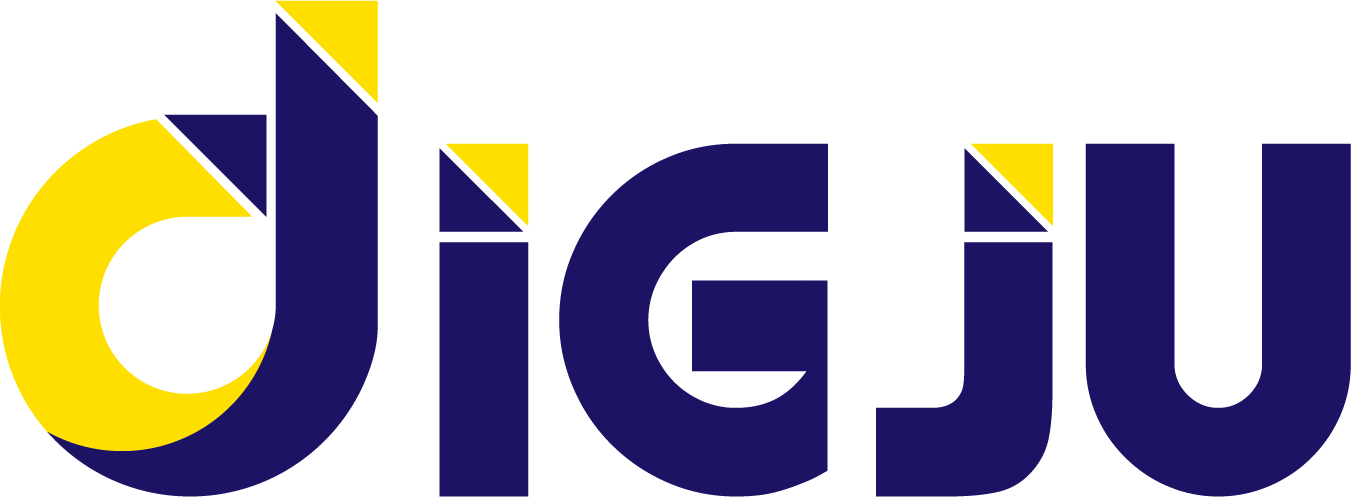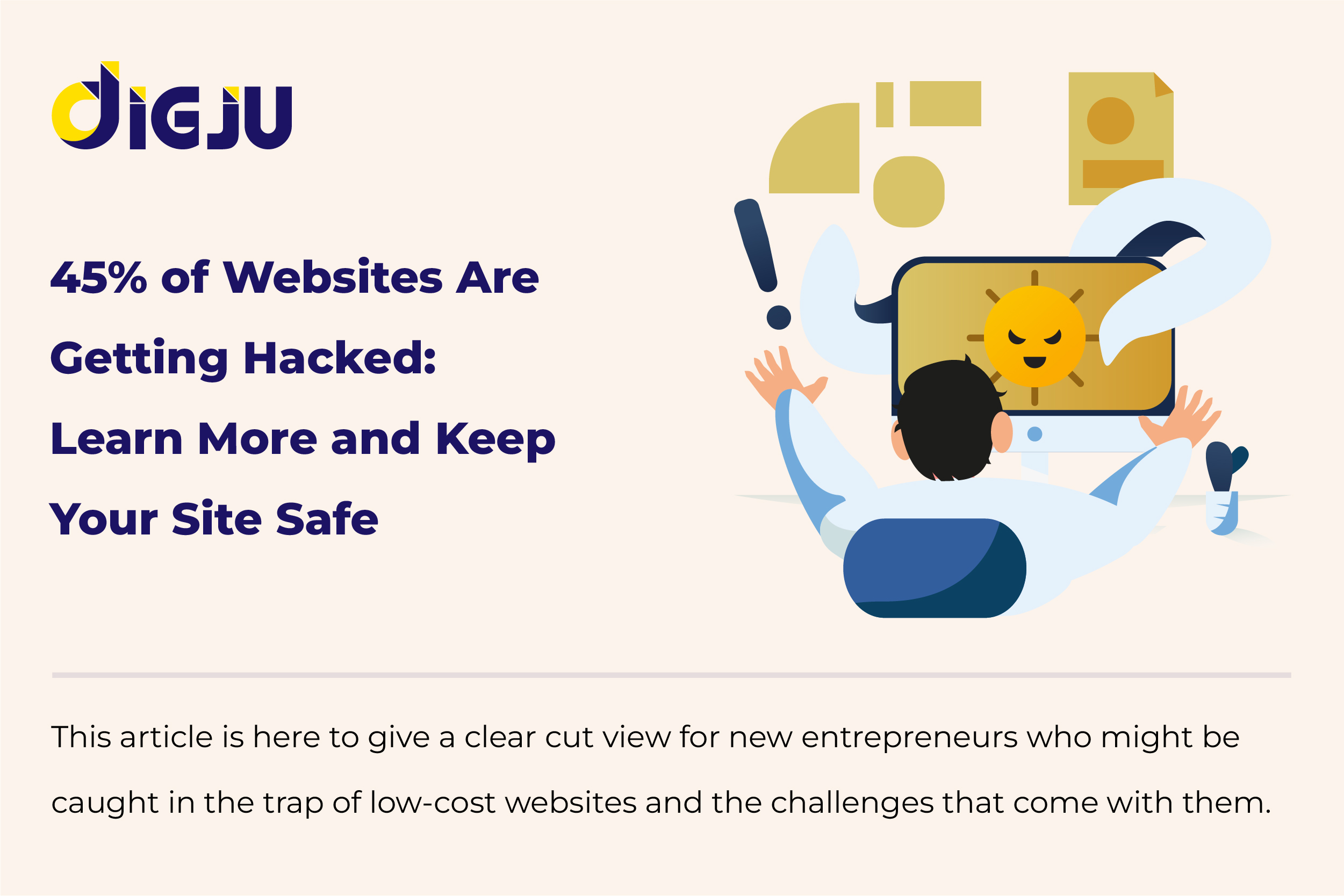If you’re a web design whiz or a coding genius, check out the next blog- it’s something you are looking for!
So, you’re a new or small business entrepreneur looking to build your dream website affordably. But before diving in, be aware of the pirated plugins that can compromise your site’s security and functionality.
Rise Of Pirated Plugin:
Around 45% of websites are at risk of hacking due to the use of pirated plugins by designers and developers? And there’s also a fear that using a powerful worldwide platform like WordPress might make it all too easy for hackers to crash and invade! Especially on Indian websites!!!!
Let us break this myth with you !
Initially, websites were built using premium plugins and tools, being expensive for the value they offered. Over time, Low-budget designers began creating visually appealing websites inexpensively, customizing free themes to mimic premium designs using pirated plugins, which paved a big loop hole in the security of the website. While the cost was handled, the quality also took a major hit.
These pirated plugins often sourced from unauthorized channels, put at risk website security through several methods.
How Pirated Plugins Compromise Website Security ?
Malware Insertion: Many pirated plugins contain malicious code that installs malware on your website.
- Backdoors: Hackers frequently add backdoors to pirated plugins, enabling unrestricted access to your site.
- Hidden Links: Pirated plugins may include concealed links to other sites, negatively impacting your site’s SEO.
Some common examples of Vulnerabilities in Pirated Plugins:
- Cross-Site Scripting (XSS): Allows attackers to inject malicious scripts into web pages.
- SQL Injection: Enables attackers to manipulate database queries.
- Remote Code Execution: Permits attackers to execute arbitrary code on a server.
You might be wondering how these premium plugins became so readily available as pirated versions right? It’s all due to the GPL license. This license allows anyone to buy and resell these plugins, making them accessible in the market. So this is like an all-you-can-eat buffet for developers—it allows modification and redistribution. Unfortunately, this also means pirated versions of GPL-licensed plugins can be copied and shared around like viral videos.
The downside? You often end up with plugins that are like a mystery box—no support, no updates, and finding security patches can feel like searching for a drop of water in the desert.
No Updates For Pirated Plugins?
Just as your mobile or desktop receives regular updates to enhance security and protect against the latest threats, plugins used in websites also need frequent updates and maintenance to stay secure in an ever-evolving hacking landscape. Regular touch-ups are much needed as they are your first line of defense against potential threats.
Even if you’re building a top-notch website with pirated plugins, you’ll still run into trouble whenever there’s an update, as these plugins won’t be supported or receive critical security patches.
Let’s just take a simple example of a commonly used page builder plugin-elementor in wordpress.
From April 2024 to June 2024, this plugin received a total of 7 updates. And NO, you’re not dreaming—this is a common plugin used for your website, and typically, these updates aren’t free.
What Are The Consequences Of Neglecting The Updates?
- Security Vulnerabilities: Older versions of WordPress may have known vulnerabilities that hackers can exploit.
- Compatibility Issues: Neglecting updates can lead to compatibility issues with themes and plugins.
- Decreased Performance: Outdated versions may not perform as well as the latest version.
So What Is The Solution We Can Opt For?
Being the most popular CMS on the planet and powering over 40% of all websites, WordPress requires a perfect combination of best practices and powerful tools to be incorporated into your web development arsenal.
So despite using strong passwords, regular backups, and two-factor authentication (2FA), we at DIGJU have developed an internal gateway bridge plugin that ensures your premium plugins are automatically updated whenever new updates are available. So you don’t have to worry about frequent updates, additional charges, or security issues. And this paves the way for managing website costs without sacrificing the essential value your brand website needs.
To Conclude!
It’s not WordPress itself that has security concerns—it’s often the plugins that do!
So this article is here to give a clear cut view for new entrepreneurs who might be caught in the trap of low-cost websites and the challenges that come with them.

